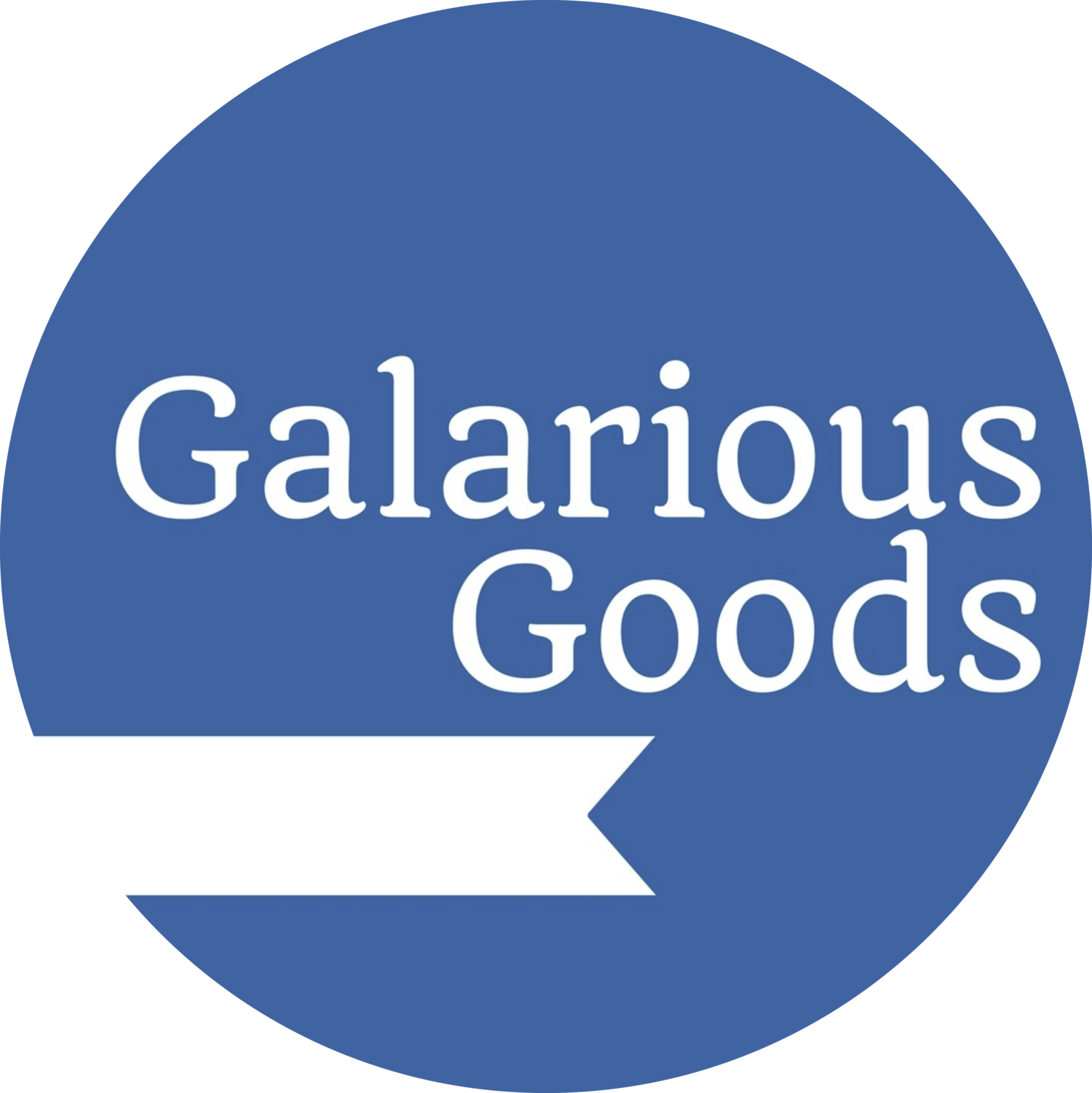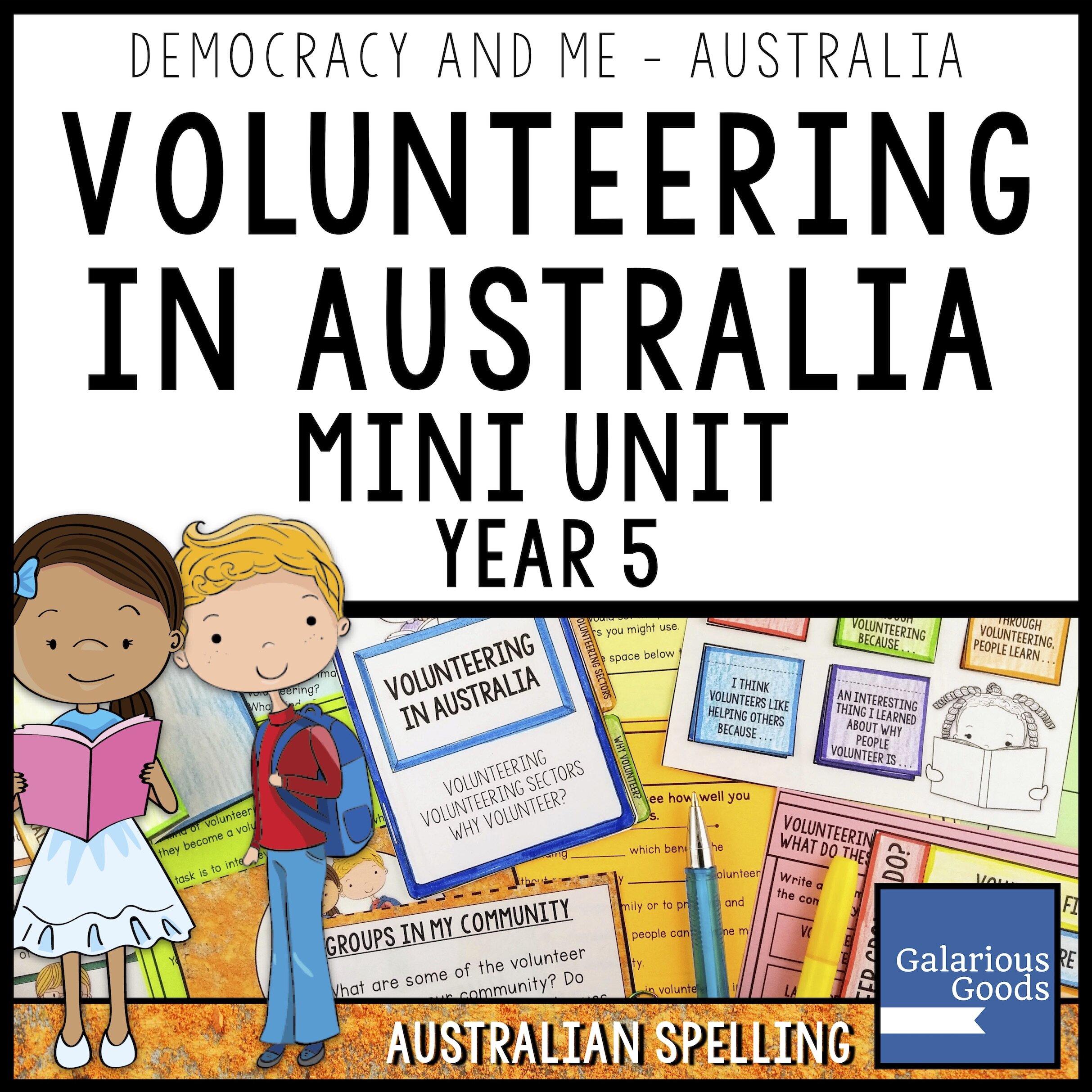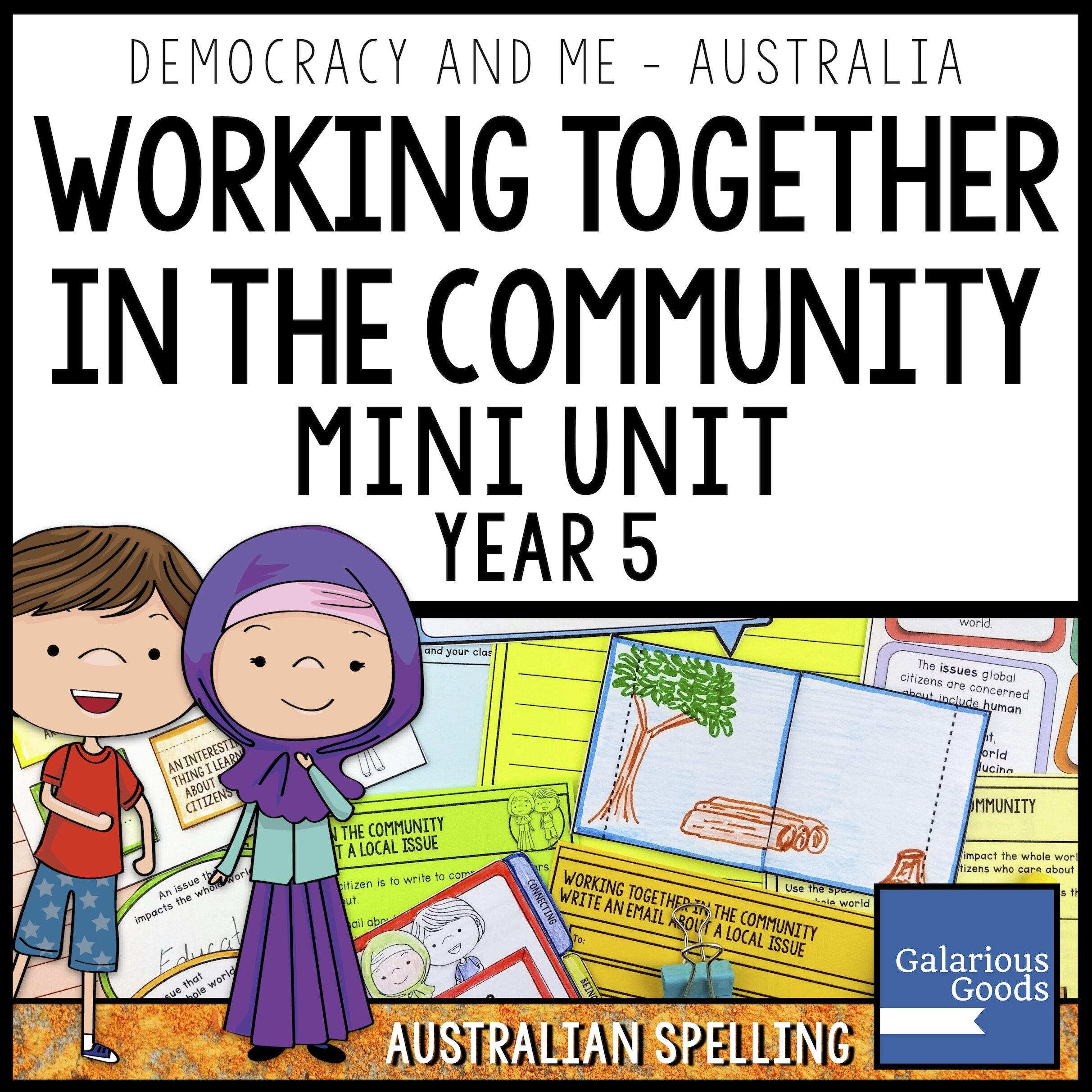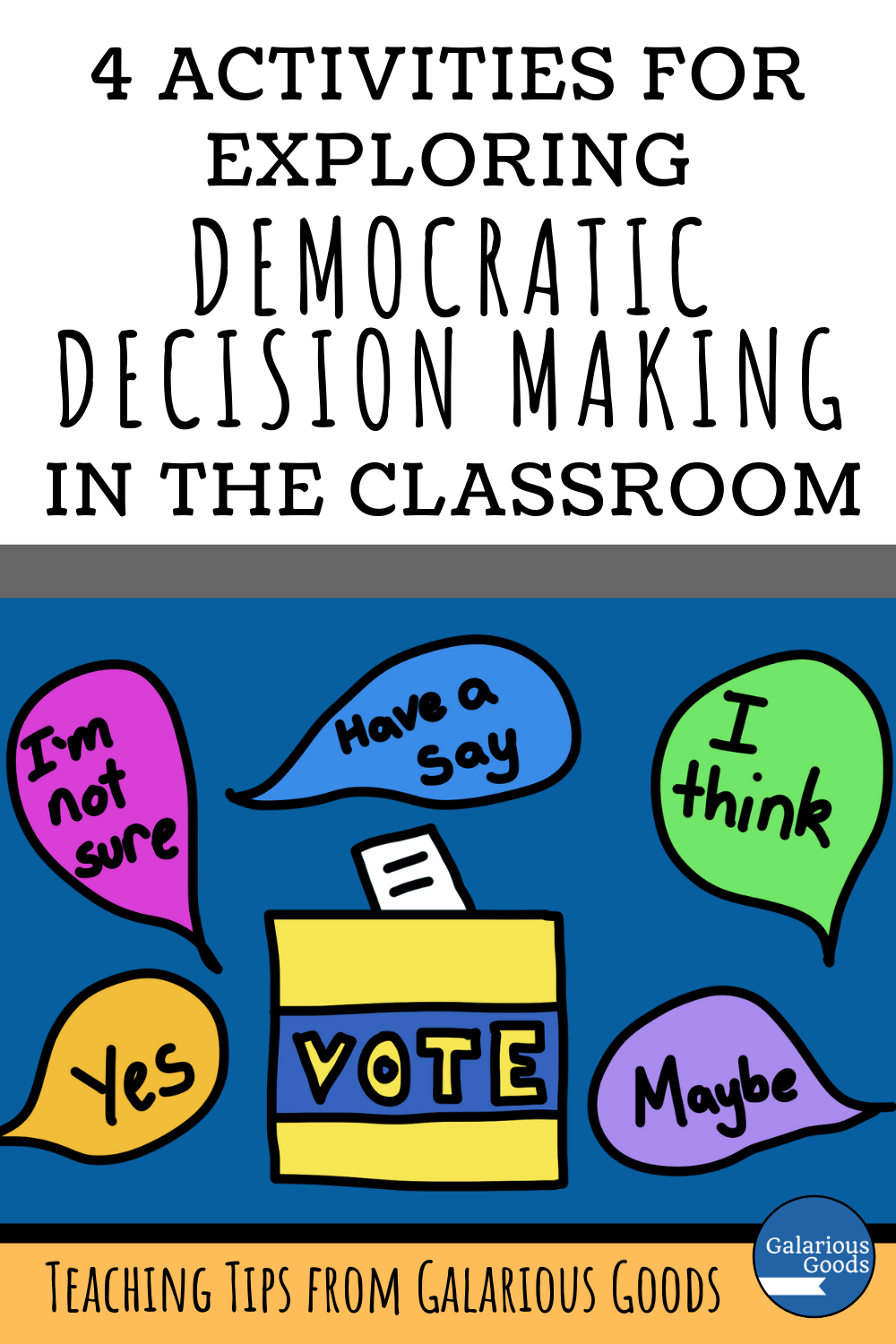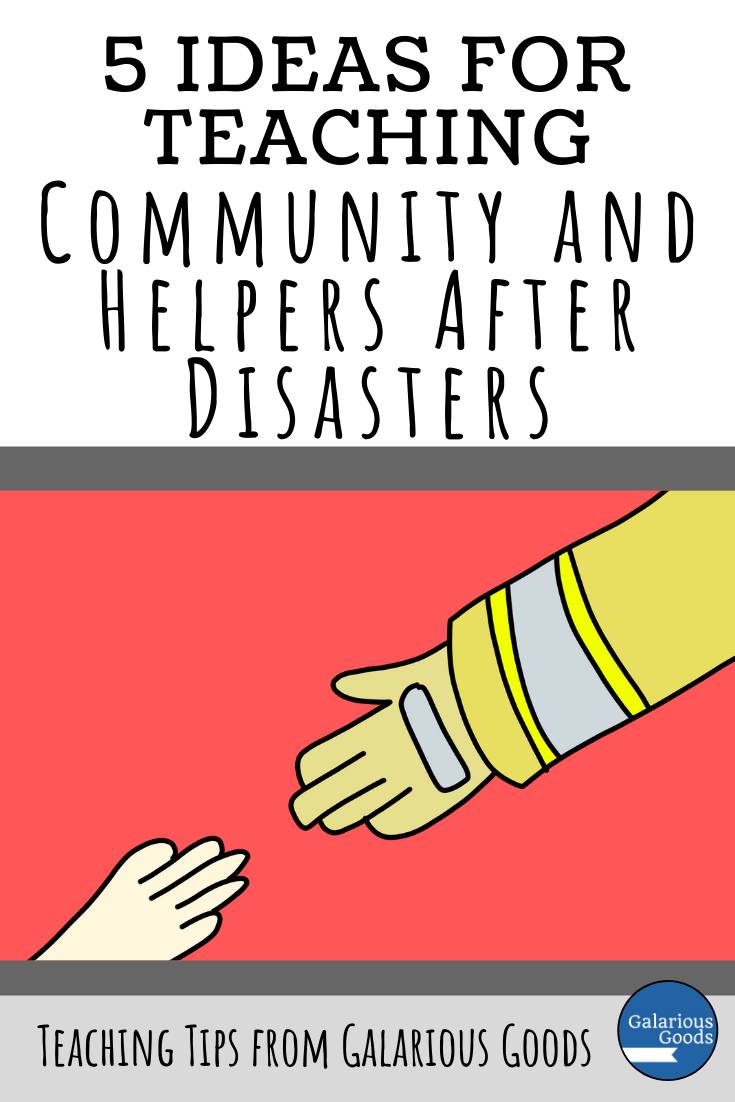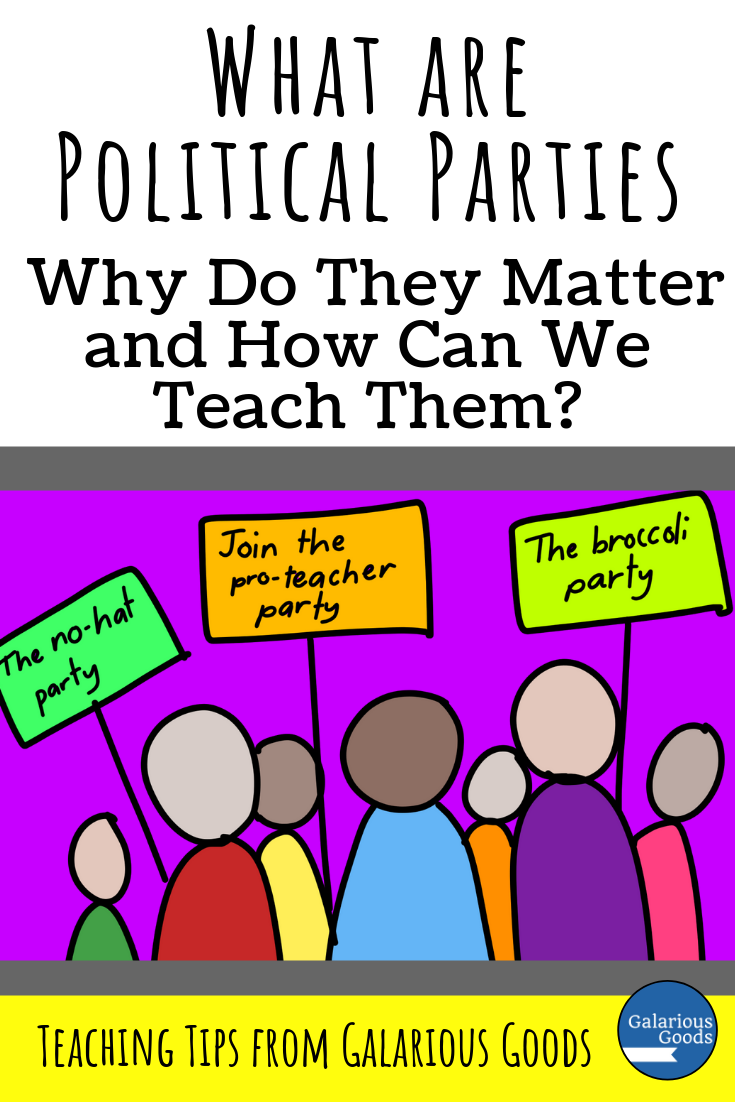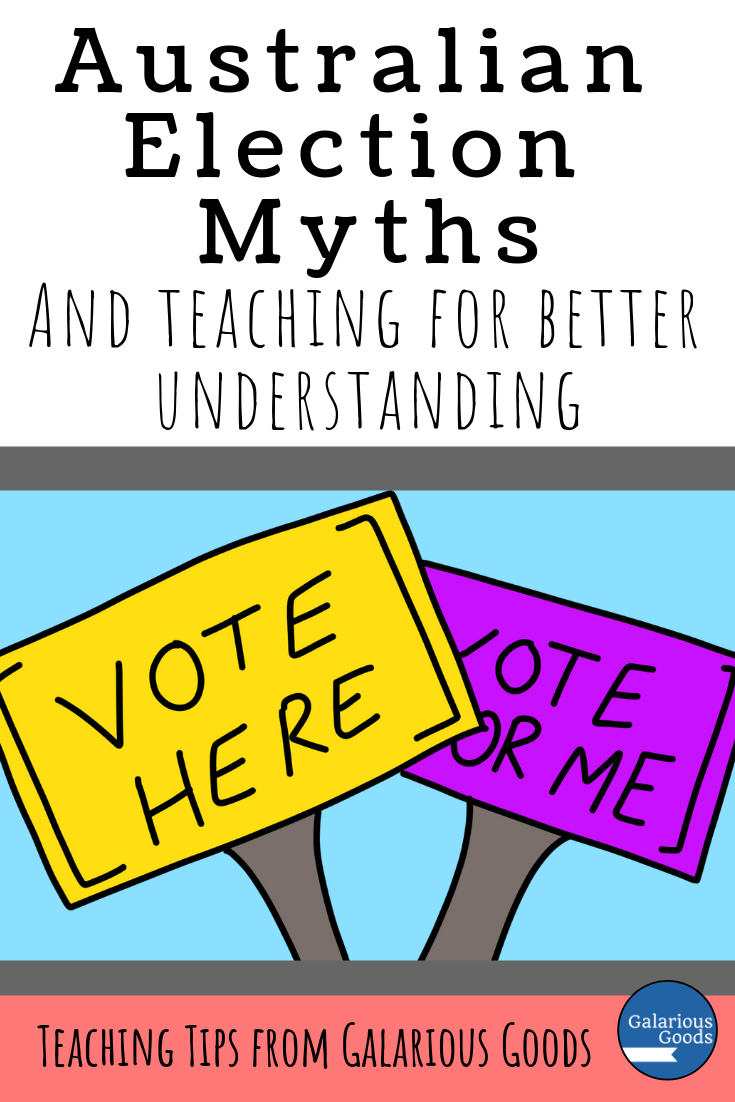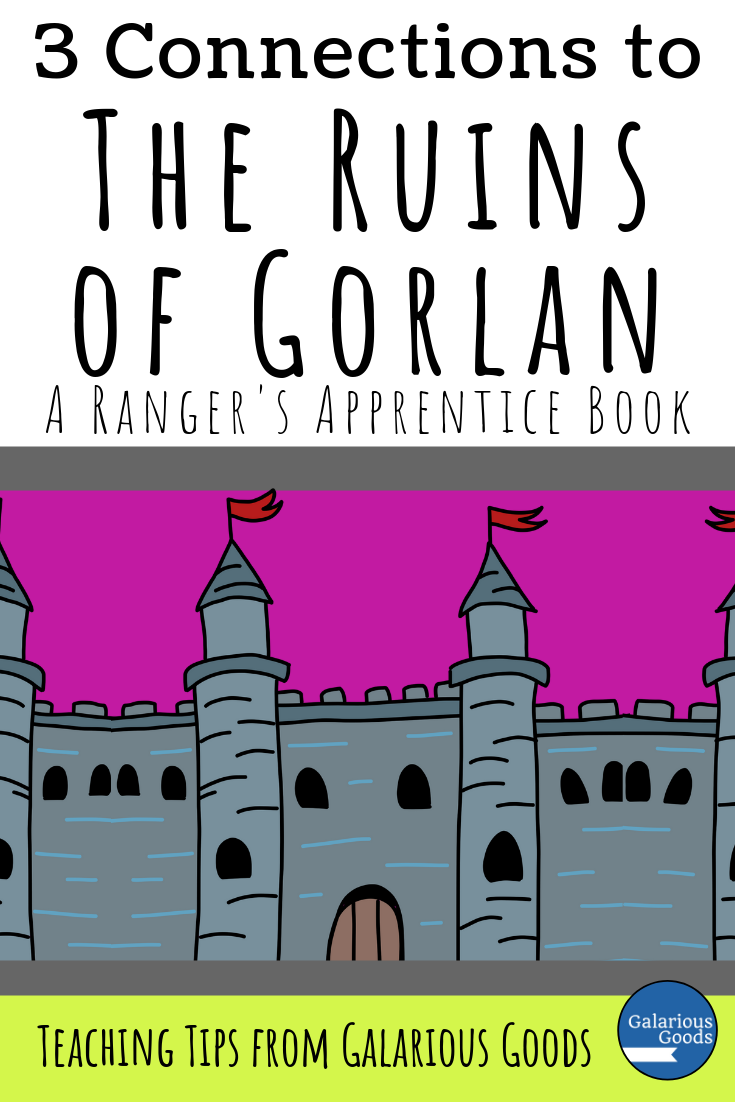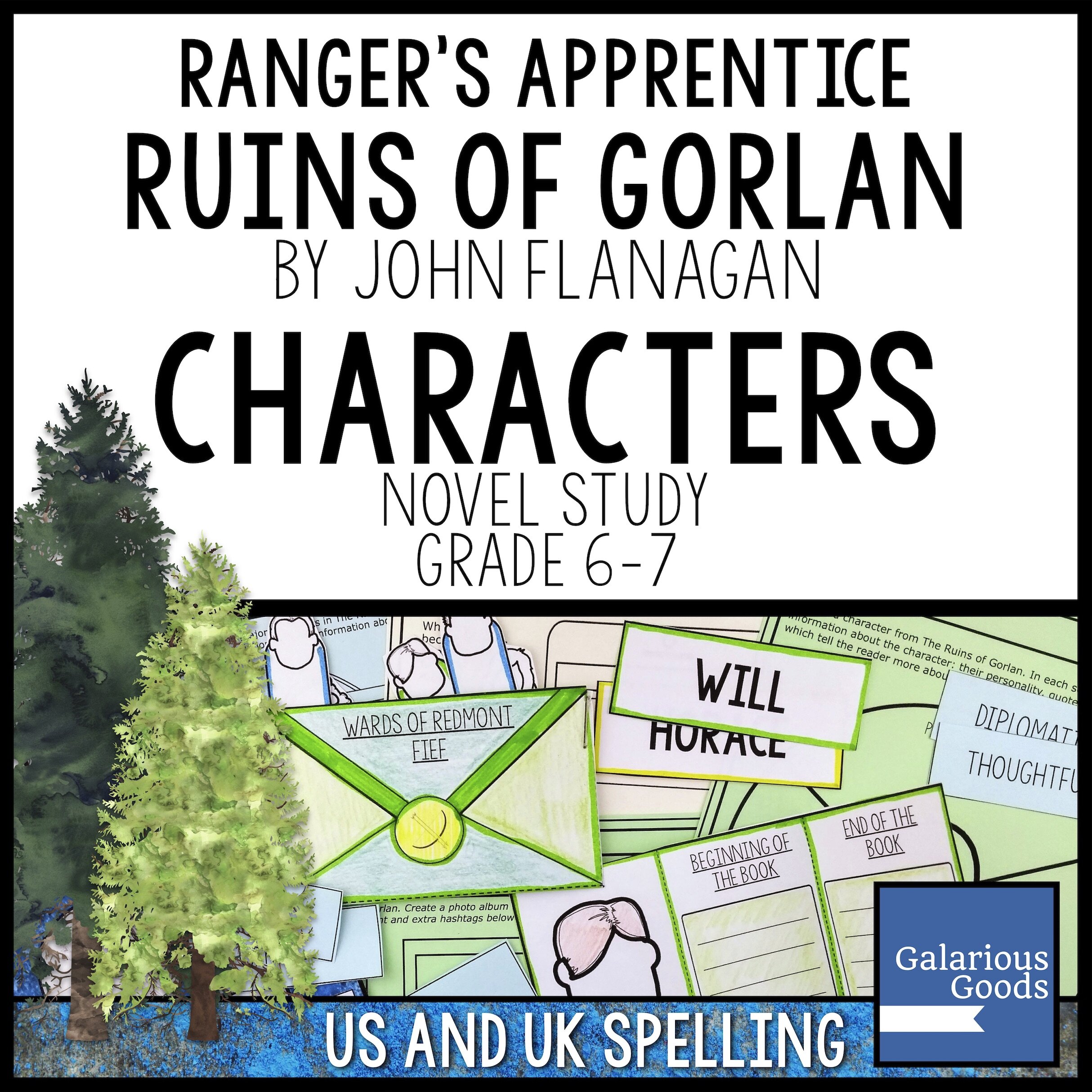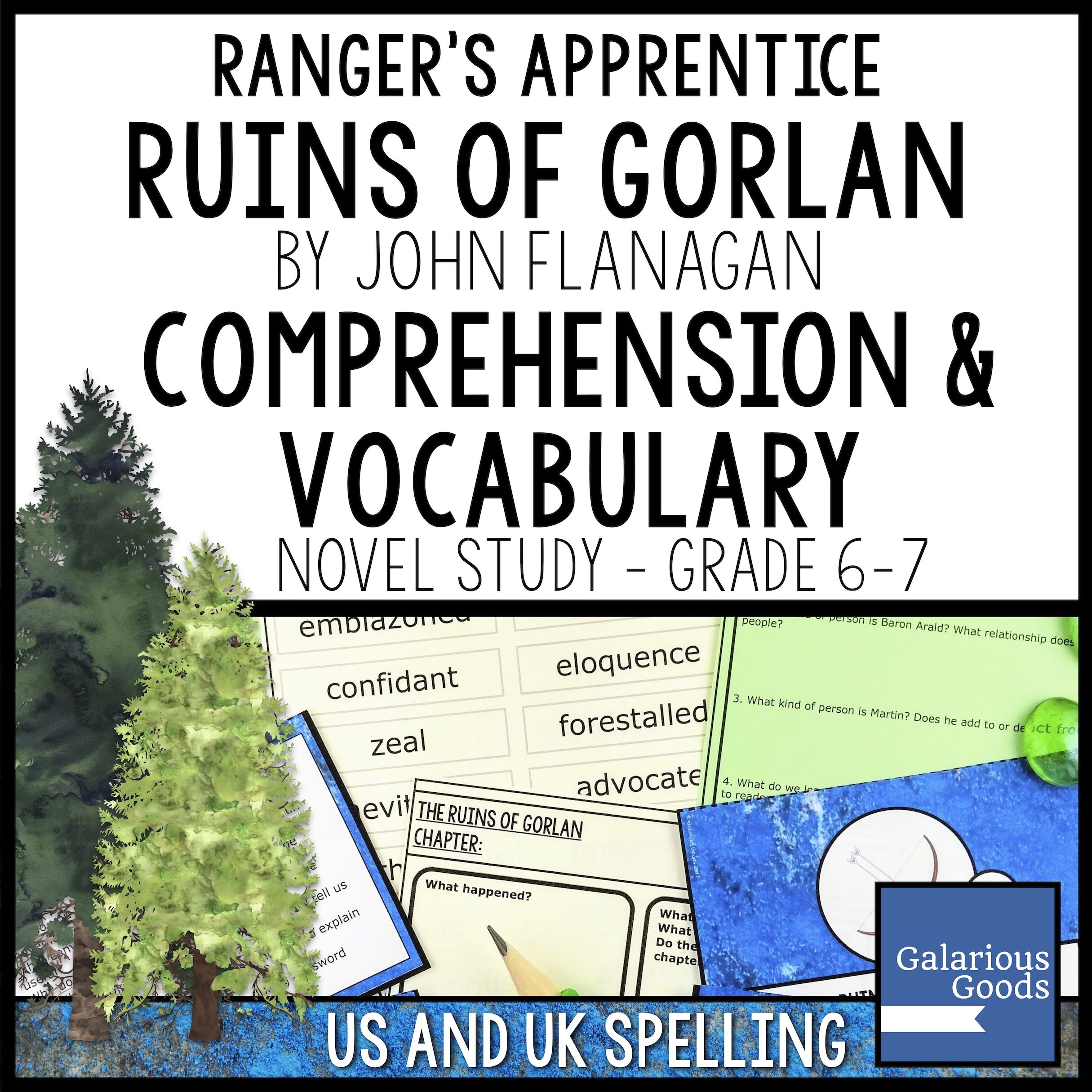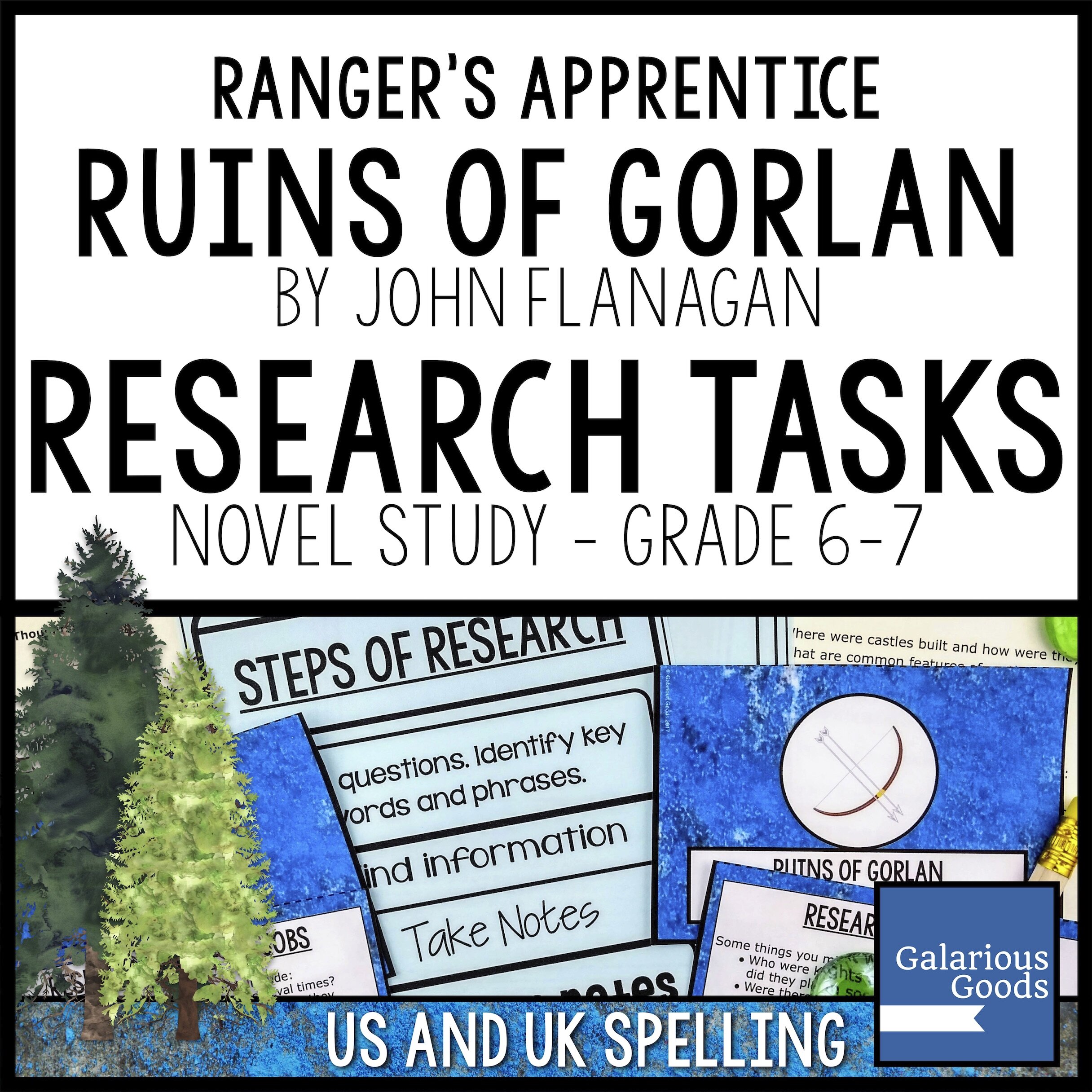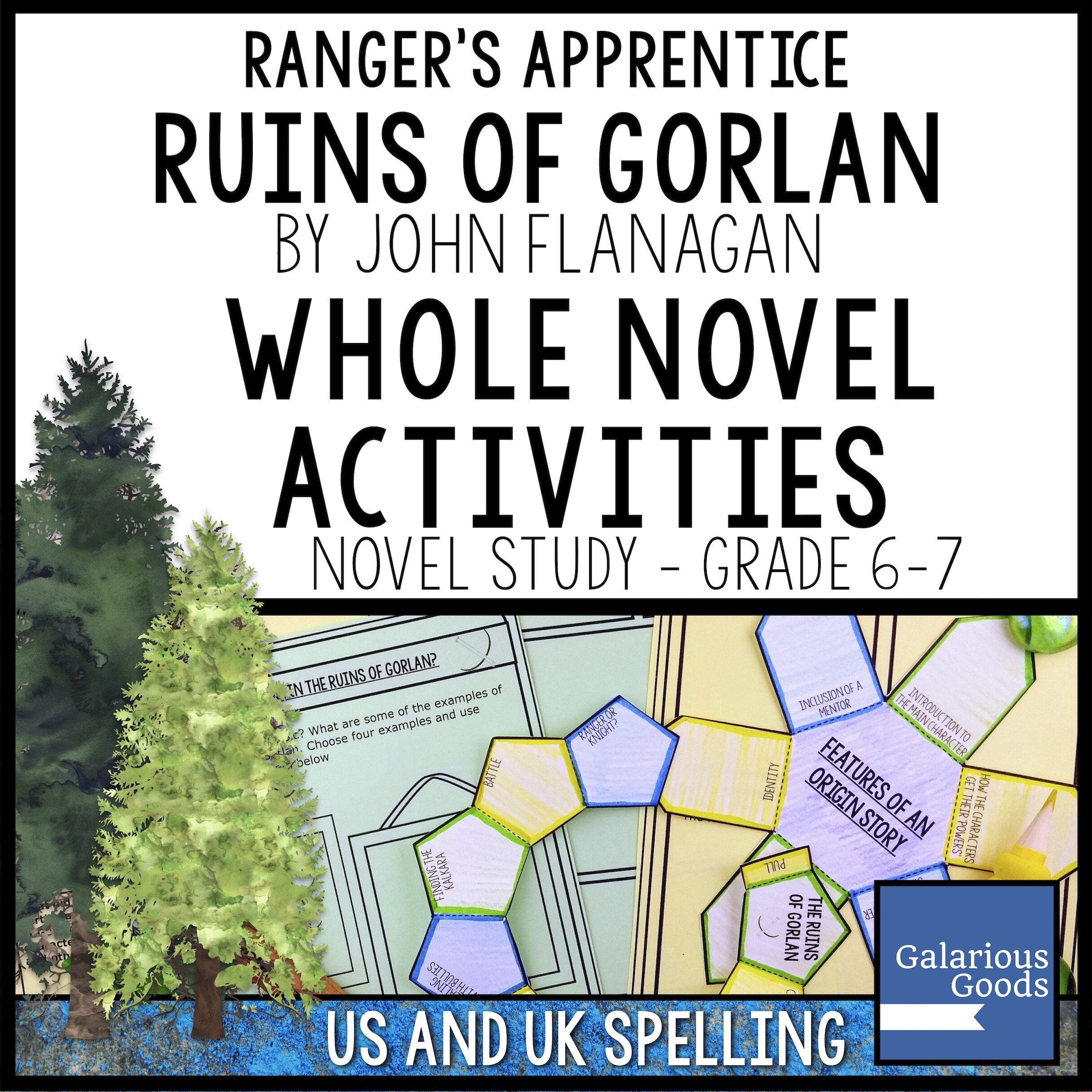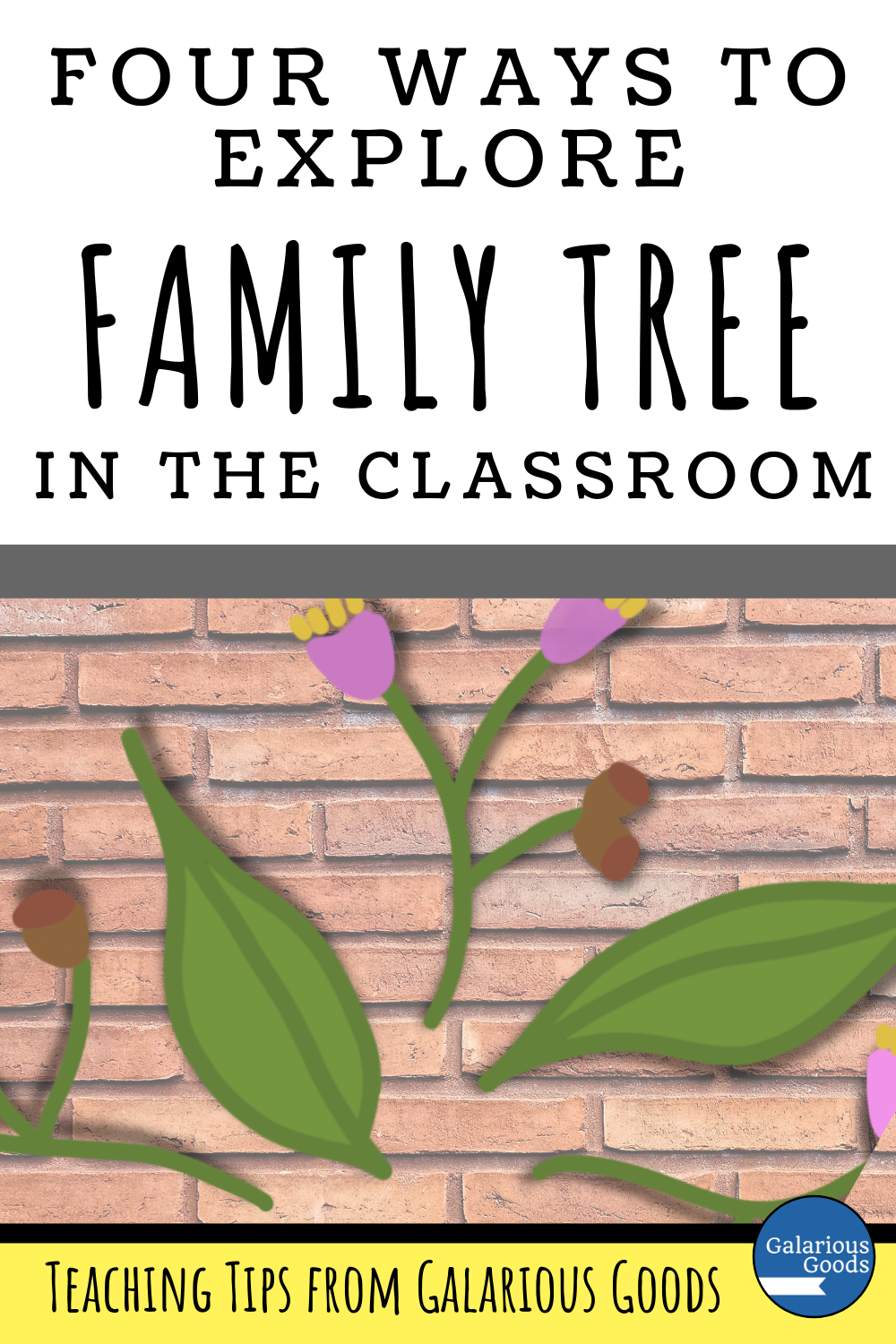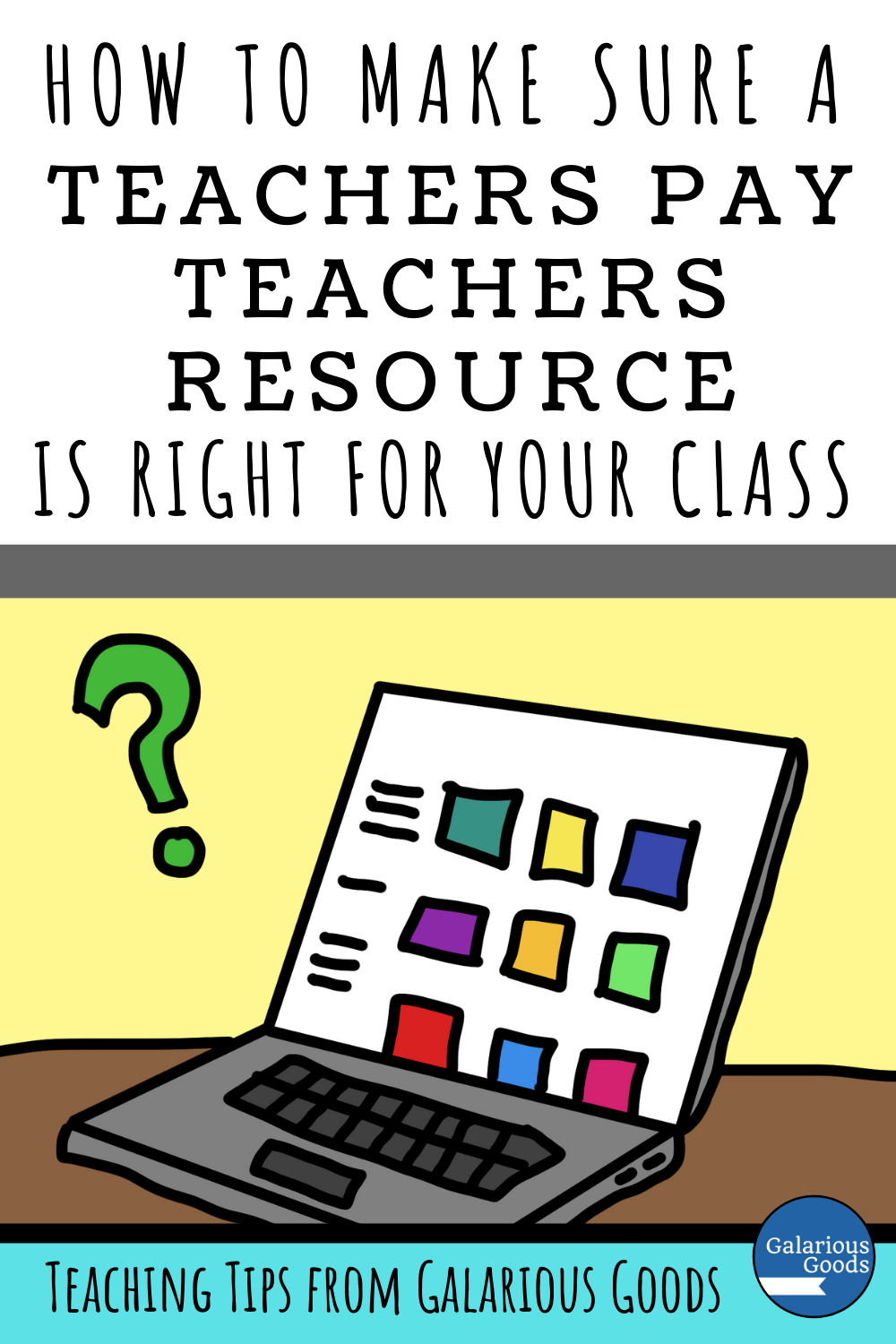Four Ways Students Can Find More Information And Get Involved
/Collecting information is an essential part of getting involved with issues which we care about. It's important to look around us to see where and how our students can get information which will help them get involved in creating a better world.
1. The Media
There are often criticisms about the media and how events are reported. However, the media - both small and large - is often essential in bringing our attention to what is happening in our communities. When our students look at the news they can see what politicians, officials and other residents are doing around them and they can search for ways they can step up or get involved to make a difference.
Students can also use the media to share their knowledge, responses and actions - they can write letters to the editor or even contact local media with their own news stories.
2. Organisations and Advocacy Groups
Almost every time we uncover an issue we're passionate about, there's already a group of committed individuals working on the same goal. These organisations often include a lot of information on their websites or they may have local representatives who are happy to be contacted.
As well as information about the issue, organisations and groups may have ideas about how students can get involved. They might be fundraising for a particular outcome or contacting political representatives to suggest a change or improvement in the community. Students can also be inspired by looking at what those organisations and groups have done in the past.
3. Interviewing Others
If students are looking to make a difference in their own community, they should begin by looking at what their own community wants the most. They can uncover this information by interviewing local residents, including people their own age, their parents and other adults. They can also talk to political representatives about what they'd like to see in their local community.
Once they have collected information, they can sort it to see what ideas are most popular. It's important then to decide which of the popular ideas are viable - it might be nice to have more koalas in the local area, but if you don't live in a koala zone, it's not the most practical of ideas!
4. Learning More About Civics and Political Processes
If students are really looking to make a difference in the world around them, it is worthwhile to learn more about civics and political processes. It's important to know who your representatives are, what they are responsible for and what they are able to do to help you. It's also good to know about different ways of contacting representatives and other public figures, as well as other steps you can take as an involved citizen.
As well as researching the political process, as a teacher you may like to invite one of your local representatives to come and talk to students about the political process. They would be more likely to be able to give the 'behind the scenes' look at how laws are created and how decisions about public money are made. They can also offer more information about how citizens can work with representatives to make a difference in the community.
